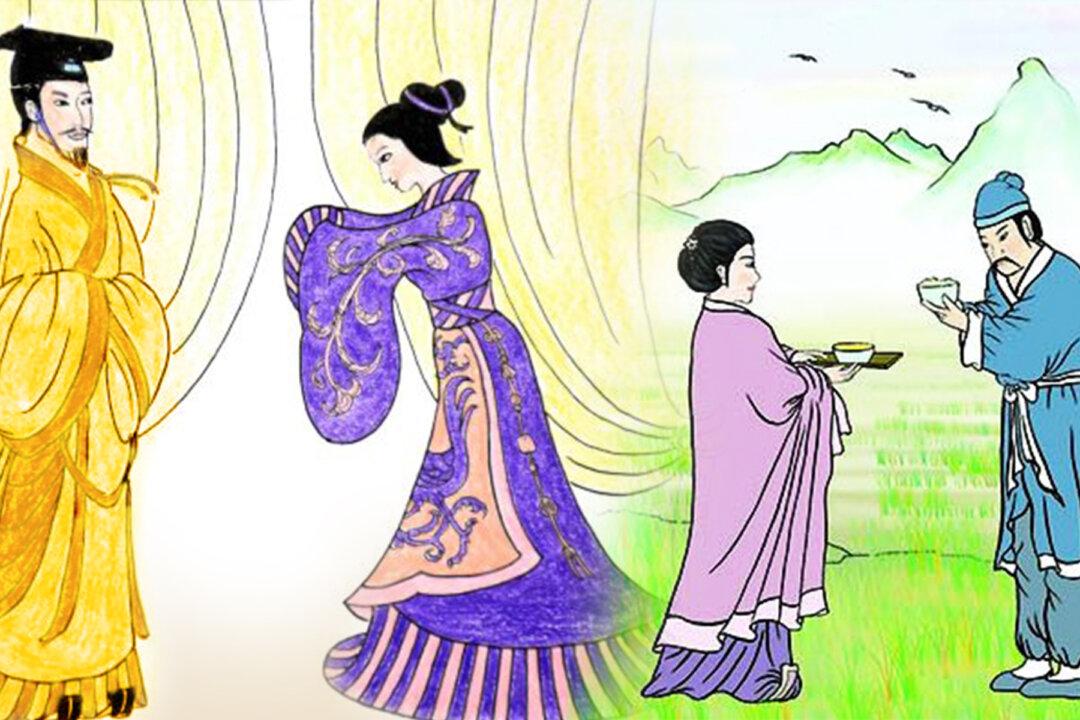In the 5,000 years of Chinese history, there are many stories of virtuous women that have been passed down through the ages. From poets to empresses, scholars to artists, women in ancient and imperial China were first and foremost faithful wives and strong mothers.
The story of an exemplary woman named Xiao Yixin who lived during the Liao Dynasty (A.D. 916—1125), illustrates her position as one of the virtuous role models of Chinese tradition and depicts the values that resonate with people today.





